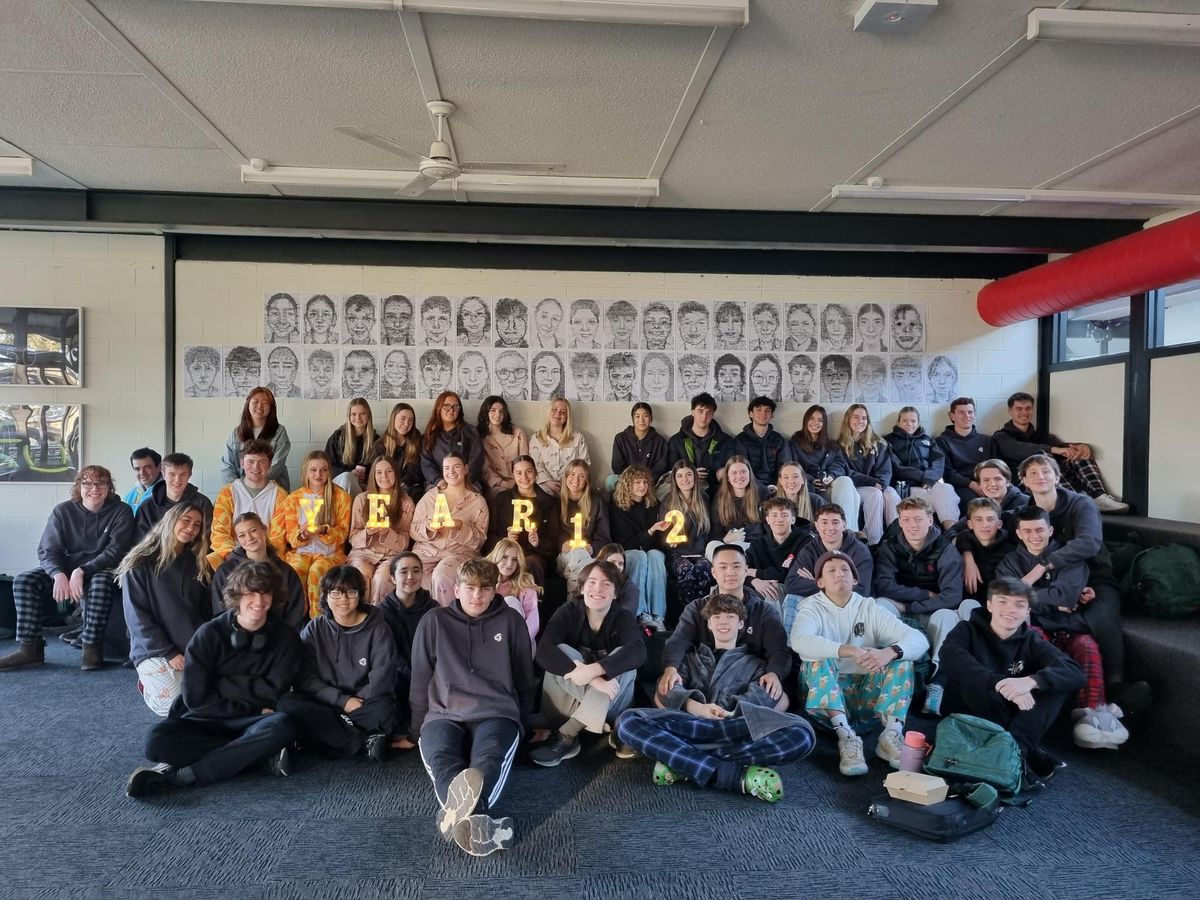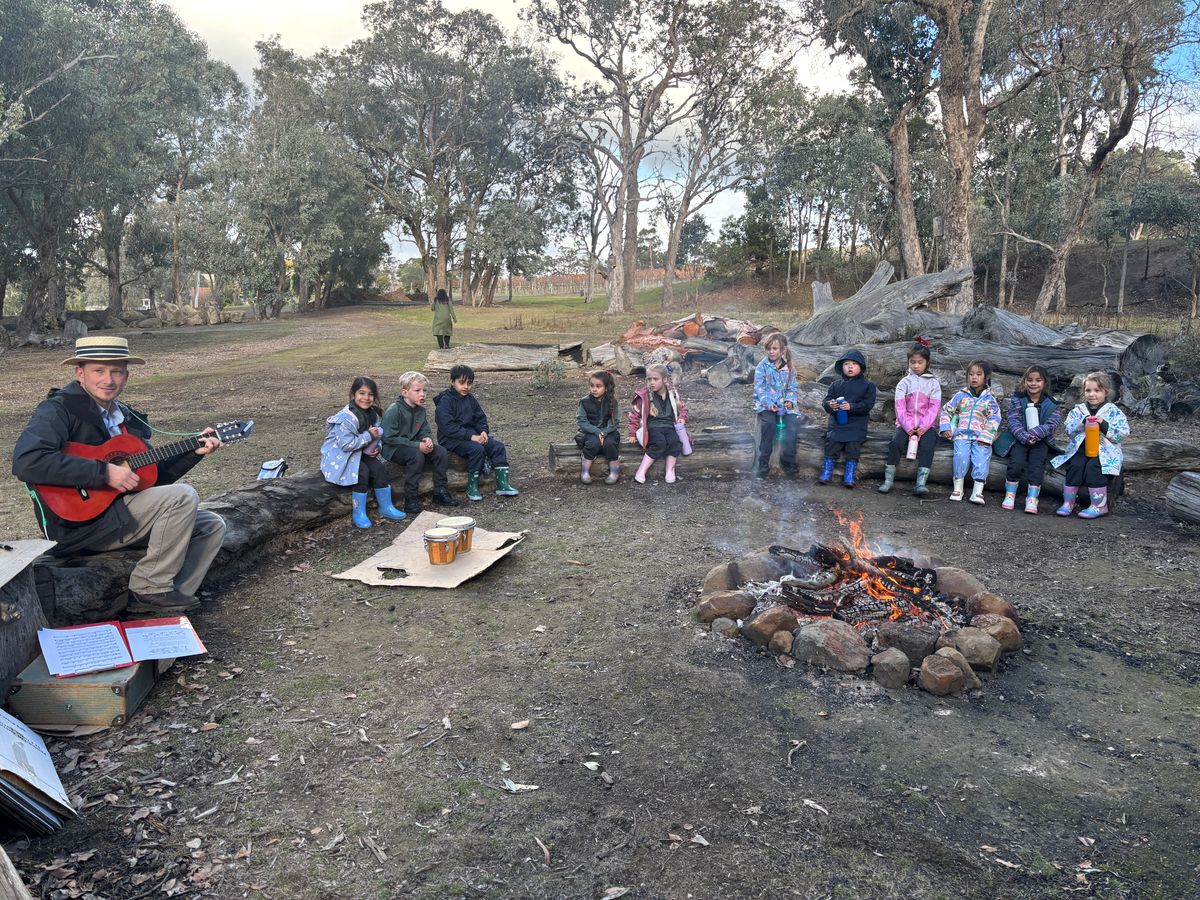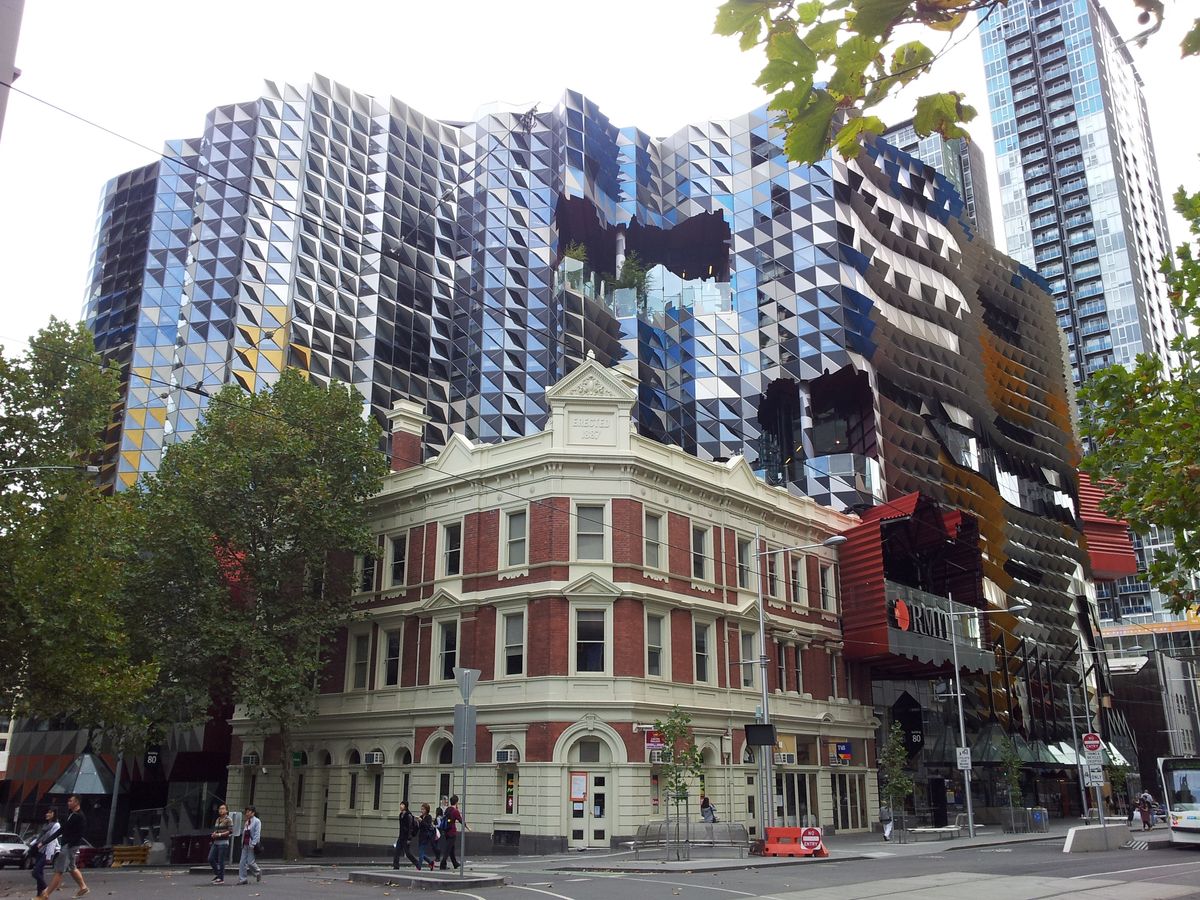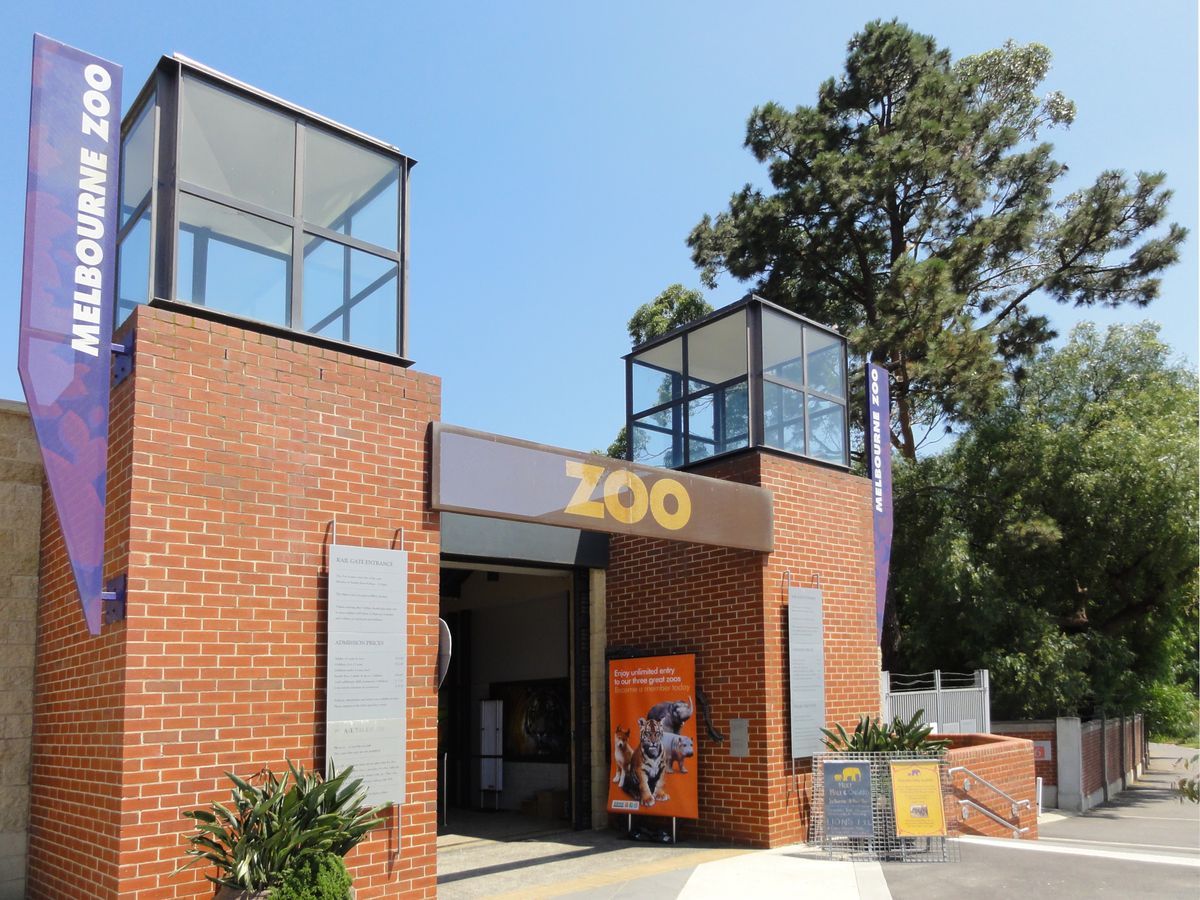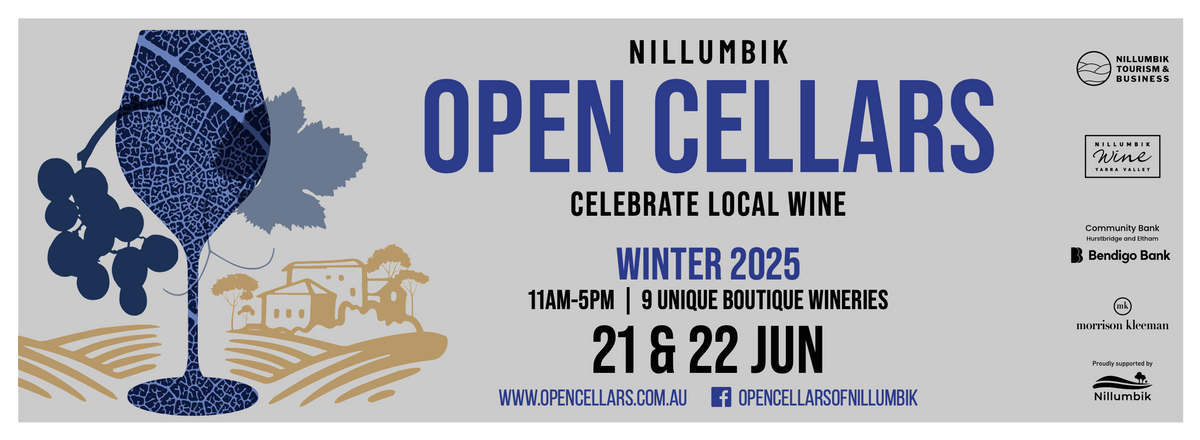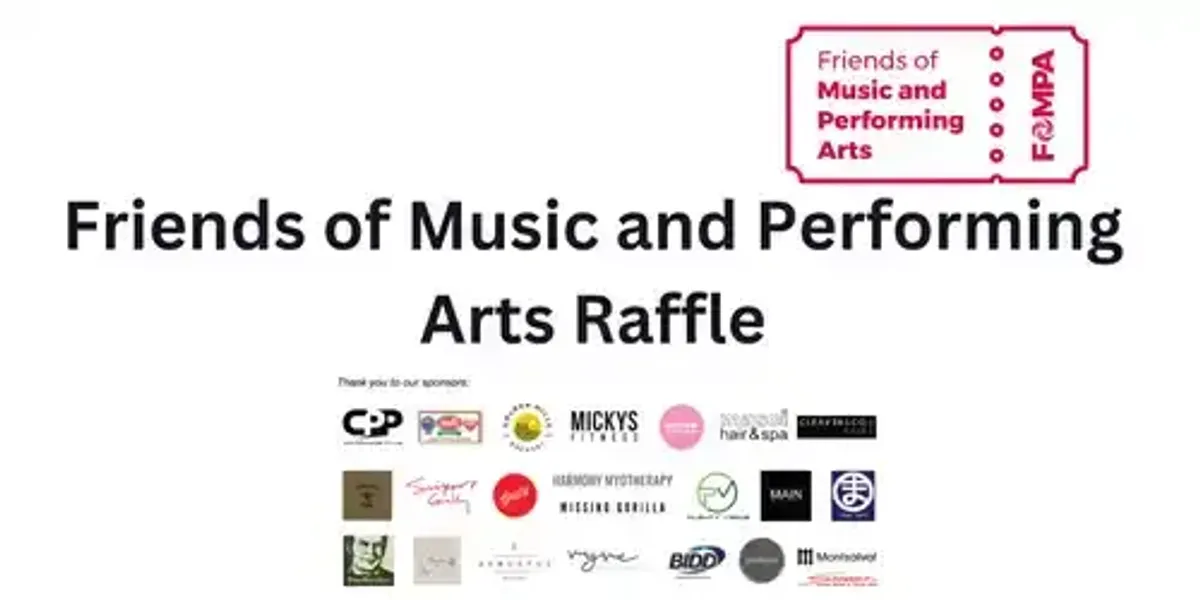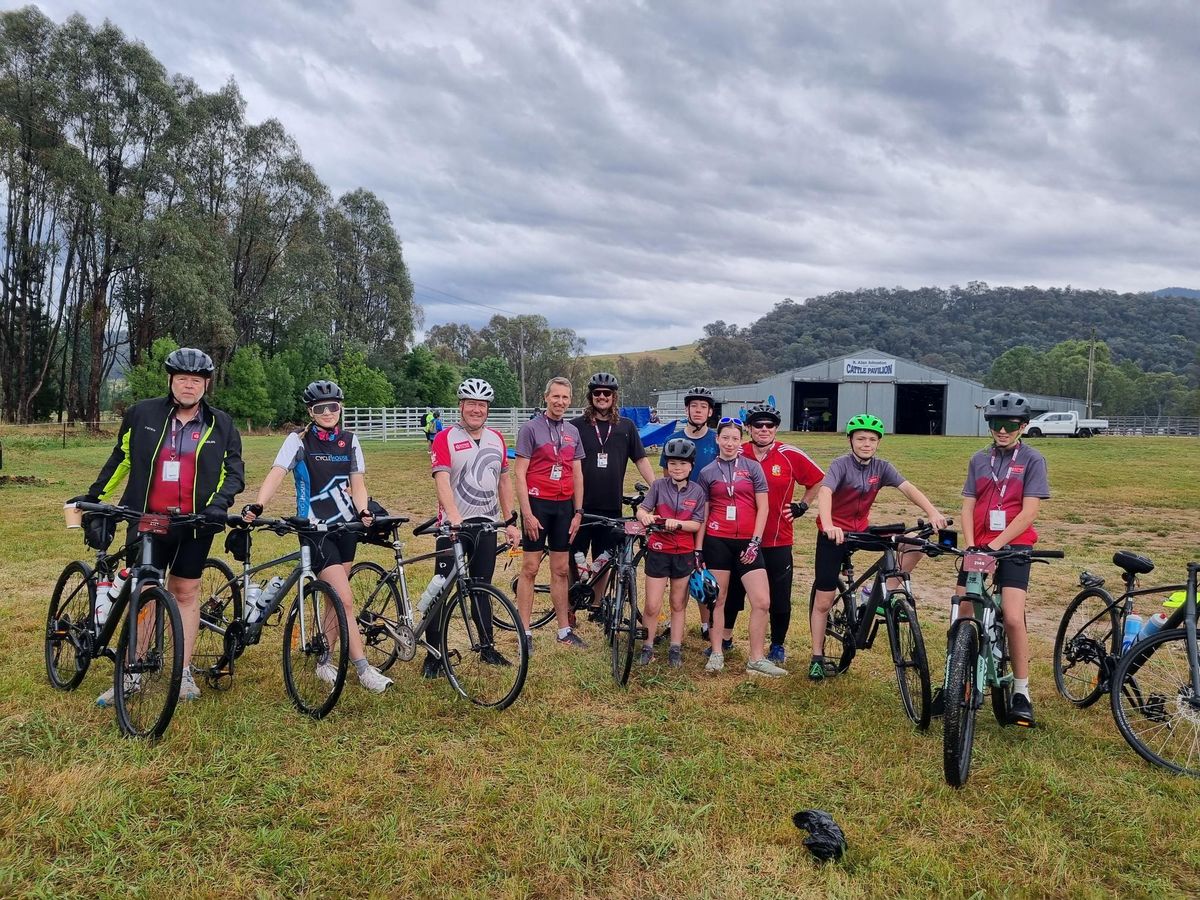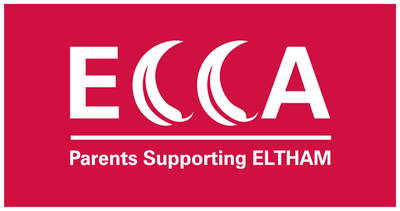This year, we are offering students in Years 10 - 12 the opportunity to participate in the Australian Science Olympiads. The Olympiads are a science enrichment program that follows curriculum similar to VCE, and cover four separate disciplines: Biology, Chemistry, Earth and Environmental Science, and Physics. We highly encourage all Year 11 and 12 science students to partake in one of the three major sciences (Biology, Chemistry, or Physics) that aligns most with their VCE program, with the option to also do Earth and Environmental Science, which is a broader test, covering all major aspects of science. For Year 10, we are offering the Earth and Environmental Science Olympiad, which covers foundations for each science. Students who do exceptionally well in the Olympiad may get the opportunity to visit Canberra and become a part of the Australian competitive Science Olympiad team.
Year 11 and 12 students: If you are interested in participating this year, please fill out this form or speak to your science teacher, Tristan, or Isaac, and let us know which discipline of science you are interested in participating in.
Year 10 students: If you are keen to participate in the Earth and Environmental Science Olympiad, please speak to your science teacher and/or Tristan or Isaac.
For more information regarding the Olympiads and further opportunities, visit the website.
Test dates are as follows, and will be completed from school (time TBC). Exams are two hours long.
- Physics: Monday 4 August 2025 (pen-and-paper format)
- Biology: Tuesday 5 August 2025
- Earth and Environmental Science: Wednesday 6 August 2025
- Chemistry: Thursday 7 August 2025
In worldwide science news, a team of Japanese scientists has recently unveiled a long-lasting universal synthetic blood. Blood transfusions are a necessity for ensuring health and safety in hospitals around the world, with demand often outweighing donor supply. Additionally, donor and recipient blood types also complicate the issue; O-negative blood—the universally accepted type—comes from only around 7–14% of the population. This new product, taken from the protein haemoglobin in expired red blood cells, is encased in an artificial cell to ensure stability and sterility, and also allows the blood to be accepted by all types. This treatment lasts for up to two years at room temperature—a duration far greater than donated blood, which can typically be kept for less than two months. The research team, having experienced positive clinical trials since 2022, plans to accelerate testing for practical use by 2030.
Tristan and Isaac
STEM Leaders


